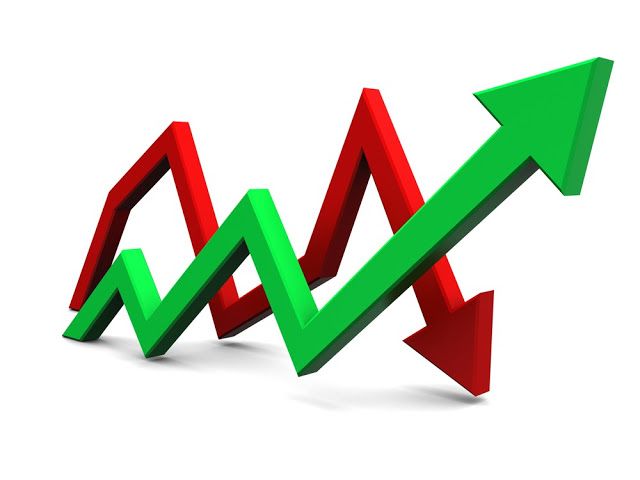History has shown us that stock market crashes are inevitable. Whether triggered by economic missteps, geopolitical conflicts, or speculative bubbles, these downturns have profound impacts on economies, businesses, and individual investors. The pressing question now is: what could cause the next stock market crash?
While it’s impossible to predict the future with certainty, we can examine the patterns of the past and current global indicators to identify potential triggers that might ignite the next financial storm.
1. High Interest Rates and Tight Monetary Policy
The U.S. Federal Reserve and other central banks have aggressively raised interest rates in recent years to combat inflation. While this strategy can cool rising prices, it also increases borrowing costs for companies and consumers. Higher rates often lead to lower corporate profits, reduced consumer spending, and ultimately, slower economic growth.
If central banks miscalculate and keep rates high for too long, they risk tipping the economy into recession—dragging the stock market down with it.
2. Global Debt Crisis
Government and corporate debt levels around the world have reached record highs. According to the IMF, global debt exceeded $300 trillion in 2024. Much of this debt was taken on during the pandemic and in the years following to stimulate economic recovery.
The danger? If a major economy defaults—or even shows signs of being unable to service its debt—it could cause a domino effect in the financial markets. Investor confidence would erode rapidly, triggering panic selling and a broad market downturn.
3. Geopolitical Instability and Wars
Geopolitical tensions are intensifying. Ongoing conflicts such as the Russia-Ukraine war, instability in the Middle East, and growing U.S.-China tensions over Taiwan and trade create a fragile global landscape.
Markets are highly sensitive to uncertainty, especially when it threatens global trade or energy supplies. A major escalation in any of these areas could severely disrupt global supply chains, spike commodity prices, and rattle investor confidence.
4. Overvalued Tech Sector and AI Hype Bubble
Just like the dot-com bubble in the early 2000s, today’s booming tech sector could be a double-edged sword. Stocks of AI and tech companies have soared due to massive investor interest and future growth expectations.
But here’s the catch: some of these companies have yet to show profits or viable business models. If earnings don’t match the hype, investors might begin to sell off en masse, causing a tech-led crash that ripples through the broader market.
5. Corporate Earnings Decline
Stock prices are fundamentally tied to earnings. If corporate earnings begin to disappoint—whether due to inflation, reduced consumer spending, or supply chain disruptions—it could lead to a market correction.
Investors who have priced in continued growth may flee when they see profit margins shrinking or companies cutting their forecasts. A string of weak earnings reports could be the catalyst for a major sell-off.
6. Black Swan Events
Lastly, we can’t rule out a Black Swan event—something rare, unpredictable, and extremely disruptive. The COVID-19 pandemic was one such example. A new pandemic, a massive cyberattack on global financial systems, or even a natural disaster affecting a major economic region could be the next shock that no one sees coming.
Can We Prevent the Crash?
The truth is, while economists, analysts, and governments try to manage risks, markets have a mind of their own. Crashes are a natural part of the financial cycle. However, being aware of warning signs and staying diversified in your investments can reduce the damage.
Staying informed, not chasing hype, and maintaining a long-term perspective are the best defenses any investor can have.
Final Thoughts
Predicting exactly when the next crash will occur is impossible—but the why might be hiding in plain sight. Whether it’s rising interest rates, global conflict, or an overhyped tech sector, several storm clouds are already forming.

